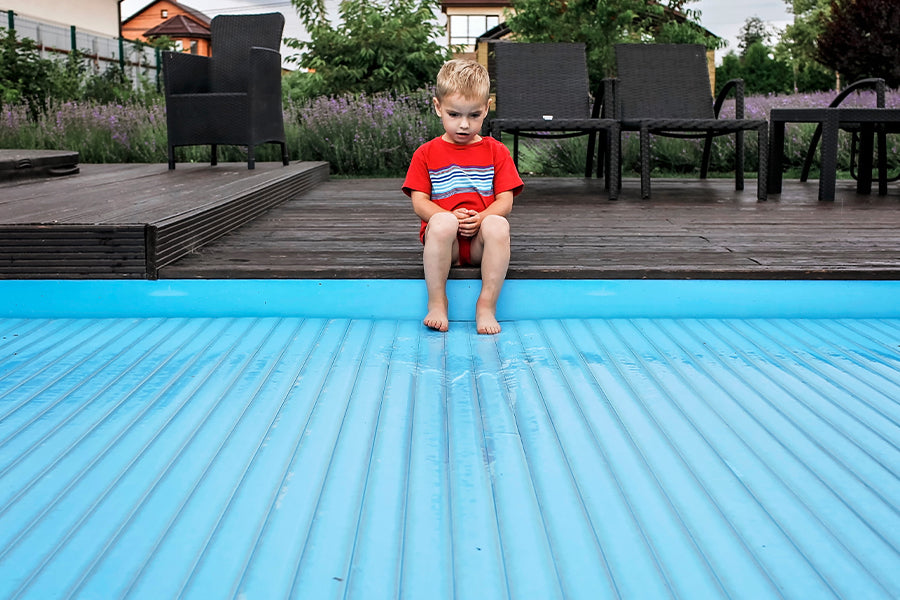As summer arrives, it's important to be mindful of potential hazards and take steps to stay safe while enjoying the season. From heat-related illnesses to sunburns, here are five common summer hazards and tips on how to avoid them.
Heat-Related Illnesses: Heat exhaustion and heatstroke are common health issues during summer. If you experience symptoms like increased pulse, dizziness, fatigue, muscle cramps, nausea, or headache, seek cool shelter and rest. To reduce the risk, know your vulnerability, limit outdoor activities to cooler times of the day, wear lightweight and breathable clothing, and stay hydrated.
Dehydration: In hot weather, dehydration can occur if you don't consume enough fluids. Symptoms include fatigue, thirst, dizziness, confusion, and dark-colored urine. Keep a water bottle with you at all times, especially when being active or drinking alcohol. Consume foods with high water content, such as watermelon and cucumber, to supplement hydration.
Swimming Accidents: While swimming provides relief from the heat, accidents can happen. Observe water safety precautions, such as swimming in areas supervised by lifeguards and paying attention to weather and water conditions. Avoid running near pool edges to prevent slips and always supervise children. Drinking alcohol near water can impair judgment and increase the risk of accidents.
Food Poisoning: Outdoor picnics are enjoyable but can lead to food poisoning if perishable items are not handled properly. Discard food left at room temperature for more than a couple of hours. Use a cooler with ice packs to store perishable foods.
Ensure grilled meat reaches a safe temperature using a meat thermometer. If you experience symptoms like nausea, vomiting, or diarrhea, stay hydrated and gradually reintroduce bland foods. Seek medical help if symptoms persist.
Sunburn: Protecting your skin from harmful UV rays is crucial to prevent sunburn and reduce the risk of skin cancer. Apply sunscreen with broad-spectrum protection, even on cloudy days. Avoid sun exposure during peak hours and seek shade whenever possible. Wear protective clothing, such as hats and long-sleeve cover-ups, when exposed to direct sunlight.
By staying aware of these summer hazards and following preventive measures, you can have a safe and enjoyable summer season. Remember to prioritize your well-being and take necessary precautions to protect yourself and your loved ones.








